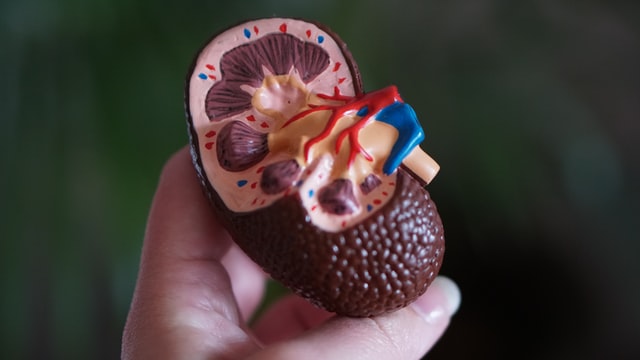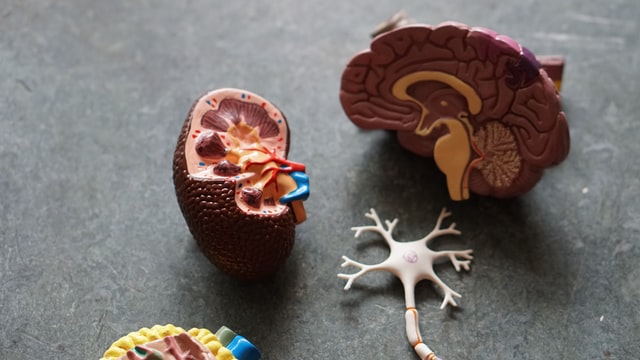
The kidneys are critical organs in the body. Most people are born with two kidneys, although some newborns are only delivered with one.
The kidneys are responsible for filtering the blood, removing waste and extra water from the body, and producing urine.
If one kidney is removed, the other can take over all of the functions of both kidneys. However, this puts a lot of strain on the remaining kidney and can lead to problems later down the road.
That’s why it’s important to try and keep both kidneys healthy.
Can you live without a kidney?
Yes, it is possible to live without a kidney. In fact, many people are born without one kidney and lead healthy lives.
The remaining kidney will take on the workload of both kidneys and will usually compensate by growing slightly larger. However, it is important to keep the remaining kidney healthy as it is under a lot of strain.
If both kidneys are removed, then life-support measures will need to be taken.
This includes dialysis, which is a process of filtering the blood artificially, or a kidney transplant. Kidney transplants are the preferred option as they provide a much better quality of life than dialysis.
What is the impact of living without a kidney?
The impact of living without a kidney can be significant. these includes:
The remaining kidney will have to work much harder.
When a person only has one kidney, that kidney has to work much harder than if the person had two kidneys.
The remaining kidney needs to filtrate all of the blood in the body, which is a lot of work. Because of this, people who only have one kidney are at a higher risk of developing high blood pressure and kidney disease.
There may be a need for dialysis or a kidney transplant.
When both kidneys are removed, either dialysis or a kidney transplant will be required in order to filter the blood. Dialysis is a process of filtering blood artificially, and it can be quite difficult to live with.
The preferred option is a kidney transplant as it provides a much better quality of life. A kidney transplant is a surgery that replaces a damaged or diseased kidney with a healthy one.
There can be a number of complications.
There can be a number of complications associated with living without a kidney. For example, high blood pressure, kidney disease, and anemia are all potential complications that can occur.
These complications can be serious and even life-threatening. That’s why it’s so important to keep the remaining kidney healthy if you only have one.
Overall, living without a kidney can be difficult. There may be some complications and it can be hard to keep the remaining kidney healthy.
However, it is possible to live without a kidney and many people do so without any problems.

How long can a human live without a kidney?
A human can live without a kidney for several weeks as long as they receive dialysis, which is a process that cleans and filters the blood.
Dialysis can take over the functions of the kidney, but it is not a cure. In most cases, patients will eventually need to have a kidney transplant in order to survive.
There have been rare cases where people have lived for years without a kidney, but this is usually only possible with regular dialysis and other medical interventions.
Without treatment, a person would typically only survive for a few days without a functioning kidney.
Can I drink alcohol with one kidney?
There is no simple answer to this question. While it is possible to drink alcohol with one kidney, it is not recommended.
Alcohol can put a strain on the kidneys and may cause further damage. For people with one kidney, it is important to limit alcohol consumption and speak with a doctor before drinking.
Drinking alcohol may also increase the risk of dehydration, which can be dangerous for people with one kidney. It is important to stay hydrated when drinking alcohol and to drink in moderation.
If you have one kidney and are considering drinking alcohol, it is best to speak with a doctor first.
What foods should you avoid with one kidney?
There are no specific foods that you need to avoid with one kidney.
However, it is important to eat a healthy diet and to limit foods that are high in sodium, potassium, and phosphorus. These nutrients can be harmful to the kidneys if they are consumed in large quantities.
It is also important to drink plenty of fluids and to avoid dehydration. If you have one kidney, it is best to speak with a doctor or dietitian about which foods are best for you.
The takeaway
Living without a kidney can be difficult, but it is possible. There may be some complications, but many people live without any problems.
It is important to keep the remaining kidney healthy if you only have one. If you have one kidney and are considering drinking alcohol, it is best to speak with a doctor first.



